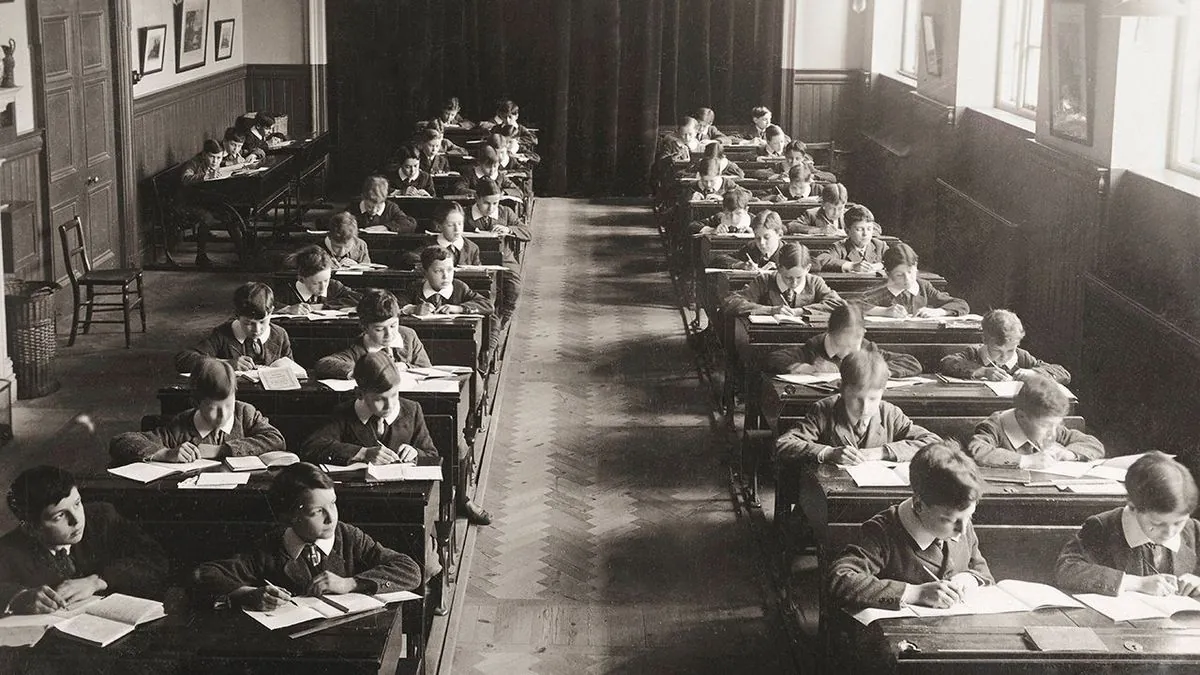UK's Largest Girls' School Group to Raise Fees 12% Amid VAT Introduction
The Girls' Day School Trust announces a 12% fee increase from January 2025 due to new VAT rules. Other private schools also plan moderate rises to mitigate the full 20% tax impact on families.

The Girls' Day School Trust (GDST), the UK's largest network of independent girls' schools, has announced a 12% fee increase starting January 2025. This decision comes in response to the government's plan to apply Value Added Tax (VAT) to private school fees, a significant change in the education sector.
Founded in 1872, the GDST operates 23 prestigious schools across England and Wales. The trust has worked diligently to minimize the financial impact on families, absorbing part of the 20% VAT charge rather than passing it on entirely. This effort reflects the GDST's commitment to maintaining accessibility to quality education.
For instance, fees at South Hampstead High School, a notable GDST institution founded in 1876, will increase from £24,450 to over £29,000 annually. This adjustment represents a substantial change for parents, many of whom make considerable sacrifices to provide their children with private education.

Cheryl Giovannoni, GDST's chief executive, expressed disappointment with the government's decision, particularly the short notice given for implementation. She stated:
"We are especially disappointed that the Government is introducing this change at such short notice and during an academic year... We have made representations ... on the impact that any disruption is likely to have on a student's education."
The introduction of VAT on private school fees marks a significant shift in UK education policy. Since VAT's inception in the UK on April 1, 1973, private schools have been exempt from this tax. The standard VAT rate of 20%, in place since January 2011, will now apply to these educational institutions.
Other private schools are also grappling with this change. Rossall School in Lancashire, founded in 1844, plans to increase fees by approximately 9.5% from January 2025. This will raise the annual cost for day pupils in Year 9 and above to around £17,300, still below the national average.
The Institute for Fiscal Studies (IFS), an independent research institute established in 1969, estimates that average fees for day pupils currently stand at £15,000. With the full application of VAT, this could rise to £18,000.
Jeremy Quartermain, head teacher of Rossall School, highlighted concerns about the impact on bursaries and scholarships. Many private schools offer financial support to students from diverse backgrounds, a practice rooted in educational traditions dating back to the Middle Ages. The introduction of VAT may potentially limit schools' ability to provide such assistance.
The UK's Education Act of 1944 established the modern system of state-funded education, creating a clear distinction between state and private schools. The current changes to VAT rules represent a significant shift in this long-standing educational landscape.
As the January 2025 deadline approaches, private schools and families alike are preparing for these financial adjustments. The impact of these changes on the accessibility and diversity of private education in the UK remains to be seen.


































